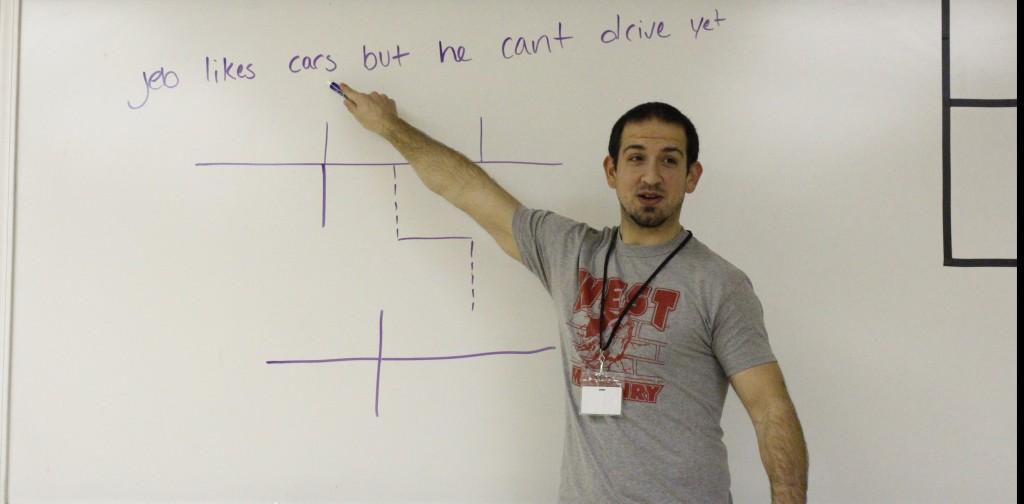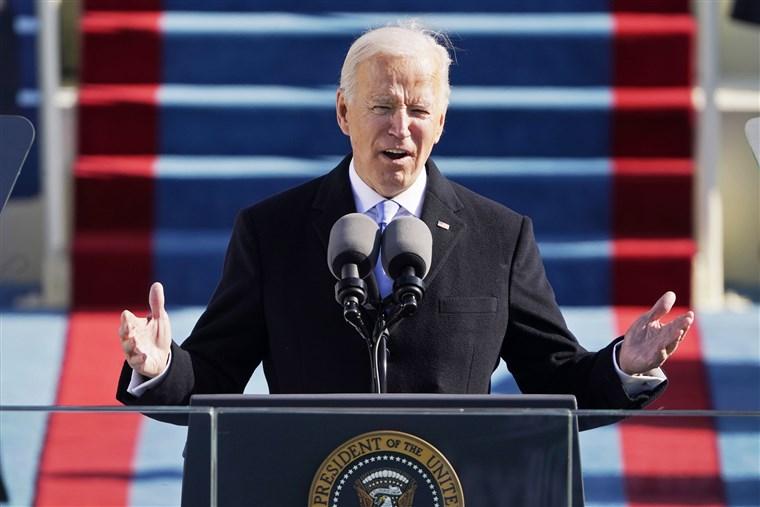Though it was well past midnight, Joan Smith sat at her kitchen table, staring at the pile of bills that needed to be paid. Her $2,700 monthly paycheck — before taxes and Social Security deductions — barely covered her house payment, gas for her car and her utility payments. She wondered what she should do about the unexpected medical bills.
The credit card company had already sent a notice that her payment was past due. She needed to do something. Thoughts of her students filled her head — 35 packed into one class period, sharing books with loose bindings and missing pages.
After the N.C. General Assembly failed to give state educators a pay raise this summer, North Carolina currently ranks 46th in teacher salaries. More than 3,850 teacher assistant positions were cut. Pay raises for teachers who earn their master’s degrees are being phased out. Legislators voted to remove basic job protection for teachers. Clearly, our elected officials are sending the message that our state’s teachers are not valued.
What is a society without education? Our legislators are devoting $25 million to upgrade the state’s Highway Patrol communication system to combat crime, but shouldn’t North Carolina combat the roots of crime, ignorance?
Students are currently using textbooks in their high school classes that predate the year they entered middle school. Although some textbooks need to be updated less frequently, it’s impossible to learn what is necessary with an outdated textbook. Even in subjects that aren’t constantly being updated such as English and history, books do need to be replaced when pages are falling out or missing and covers are torn and bent. At the beginning of each school year when teachers distribute their student forms it gives the estimated price to replace a textbook at $70. With the $25 million given to the Highway Patrol, more than 300,000 new textbooks could be purchased.
Additionally, some students view education as simply busy work that leads to a piece of paper. Students should be pushed out of their comfort zone, not shoved into a room alongside 40 others. Innovation and progress result from creativity, and creativity cannot be fostered in the current environment.
What does all of this say about the N.C. education system? How can our state be a vanguard for intellectual thought? How can our schools compete against those across the country operating with smaller classes and more experienced educators who are rewarded for their efforts?
Perhaps to the General Assembly it appears sensible to cut funds for education, but through this action our government is cutting the future for its youngest citizens.













